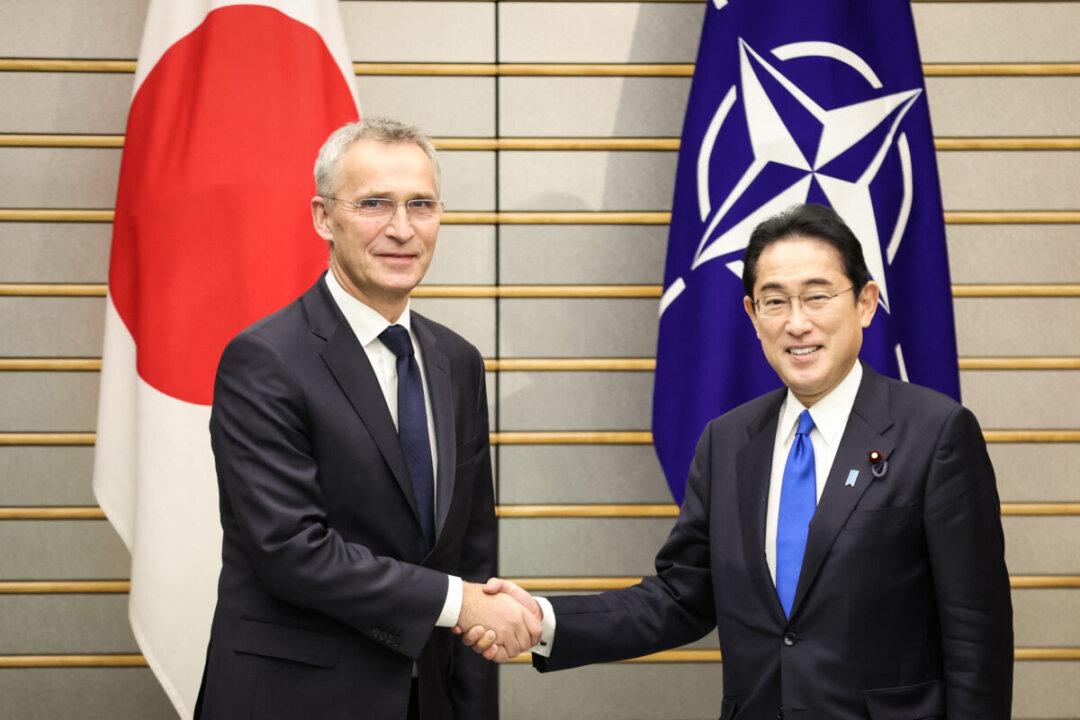If Russia’s invasion of Ukraine is just a wake-up call for NATO, the growing menace from another militant—the Chinese Communist Party (CCP)—towards Taiwan and the Indo-Pacific region has prompted NATO’s decision to set up a liaison office in Asia in response to any potential conflict or war in this area, experts suggest.
NATO, or North Atlantic Treaty Organization, a military alliance of countries from Europe and North America, plans to open a liaison office in Tokyo in July, said Koji Tomita, Japanese ambassador to the United States, in a May 9 speech to the press.




